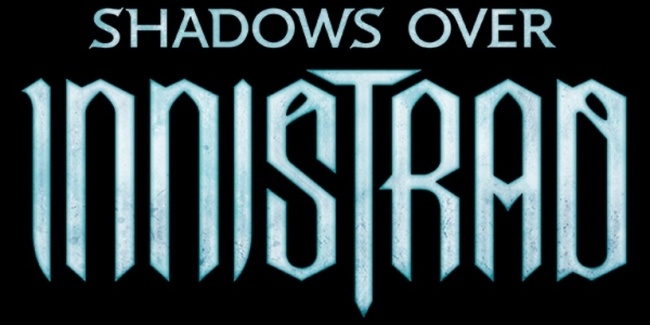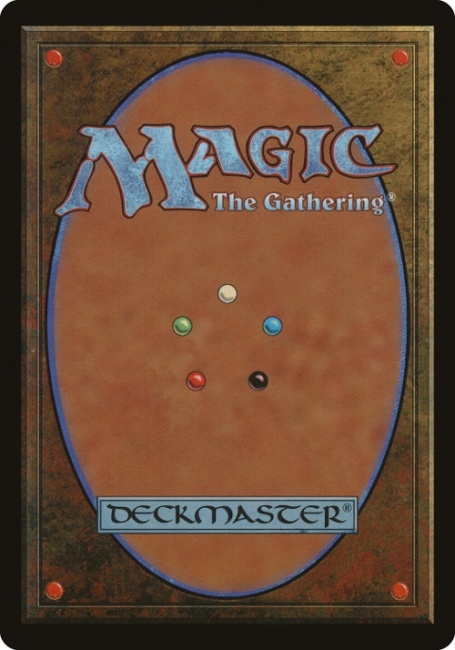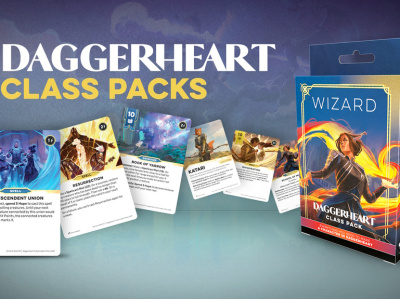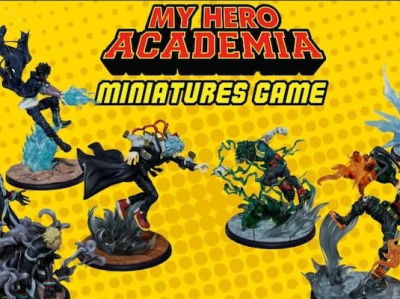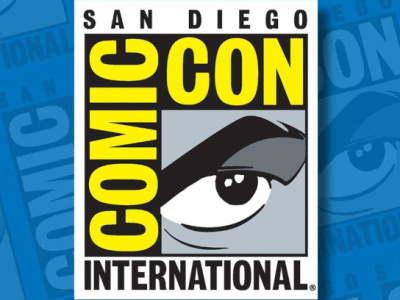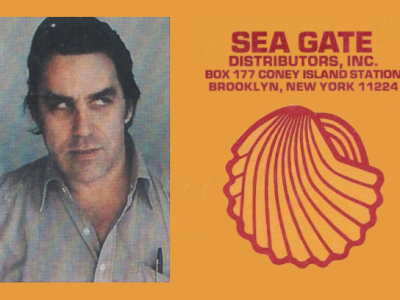As the 800 pound gorilla in the gaming industry, pretty much anything Wizards of the Coast does is news, as I pointed out in last week’s column regarding the coming changes in the Organized Play program for Dungeons & Dragons and the controversy that erupted last week when the company announced players could no longer use proxy cards in non-sanctioned in-store Magic tournaments (see "Rolling for Initiative--WotC's Changes to 'D&D' OP a Death Knell for the Program?"). Near as I can tell, after the resulting tizzy, tournament proxy use remained at status quo (see "WotC Clarifies Proxy Position on 'Magic'").
Players, as before, still cannot use proxies in sanctioned tournaments, except under VERY restricted conditions. Players, as before, can use "playtest cards," cards clearly marked as representing another card in a deck in non-sanctioned play (i.e., writing "Black Lotus" on a Swamp card and using that in an unsanctioned tournament).
WotC wants to discourage its players from using the high quality counterfeits that have hit the market in recent years, often listed as "suitable for proxy use," thus trying to legally skirt the counterfeiting issue. WotC wants it made extremely clear that this form of "proxy" violates its copyright, infringes on its intellectual property and damages tournament play and the value of collectors’ legitimate cards by adding counterfeit cards to the available pool. With a moderately played Unlimited Black Lotus selling for between $3000 and $5000, collectors have a vested interest in stopping the introduction of counterfeits to the available card pool. Another week, however, and another controversy. WotC has told distributors they can no longer offer incentives in order to get retailers to purchase pre-release tournament products through them. It appears WotC wants the focus on the pre-release and the story surrounding it rather than on individual items that not all stores will have available for players.
Even though Wizards of the Coast has not announced this policy change publicly, distributors’ release announcements for Shadows over Innistrad make no mention of any pre-release specials tied to ordering the pre-release from that distributor, which is a noticeable change from past pre-releases.
For those not familiar with how pre-releases are handled, stores in good standing with WotC are allowed to host pre-release events for each new Magic release. All pre-release products come from WotC and are allocated to stores based mainly upon how many players the store had attend a prior pre-release. However, stores have the option of ordering their pre-release product directly from WotC or one of about a dozen distributors. WotC even facilitates the choice by offering the list of approved distributors to stores. Each distributor, or WotC itself, sells the pre-release products to the store at a specified discount.
As pre-releases can account for hundreds of thousands of dollars of sales in a short period of time, distributors have found it lucrative to convince retailers to sign with them by offering incentives for doing so. Such incentives have included discounts on other WotC products, free sleeves and deck boxes, and limited edition items such as the store-branded playmats ACD offered a few years ago, or the POP figure from Southern Hobby. Now, WotC wants to end the practice. Due to the amount of cash a pre-release brings in during such a short amount of time, neither stores nor distributors will want to push back against this and risk losing the ability to host a pre-release. Ergo, unique promo items will go by the wayside and distributors will find some other ways with which to compete on pre-releases.
--Editor’s note:
We asked Wizards of the Coast to confirm whether it had asked distributors to eliminate incentives for pre-release orders. A spokesperson responded:
“Although we do not disclose the terms of distribution agreements, we want to ensure every retailer that we do not prevent distributors (or retailers) from marketing prerelease products. Rather, we ask distributors to refrain from certain incentives and conduct that detract from the player experience and damage the brand. For example, in the past we’ve demanded distributors stop offering playmats with explicit images of our characters or from withholding Magic product unless stores buy other nonrelated items.
“It is best for retailers and our fans when distributors compete on effective distribution, price and customer service; our policies reflect this.”
The opinions expressed in this column are solely those of the writer, and do not necessarily reflect the views of the editorial staff of ICv2.com.



